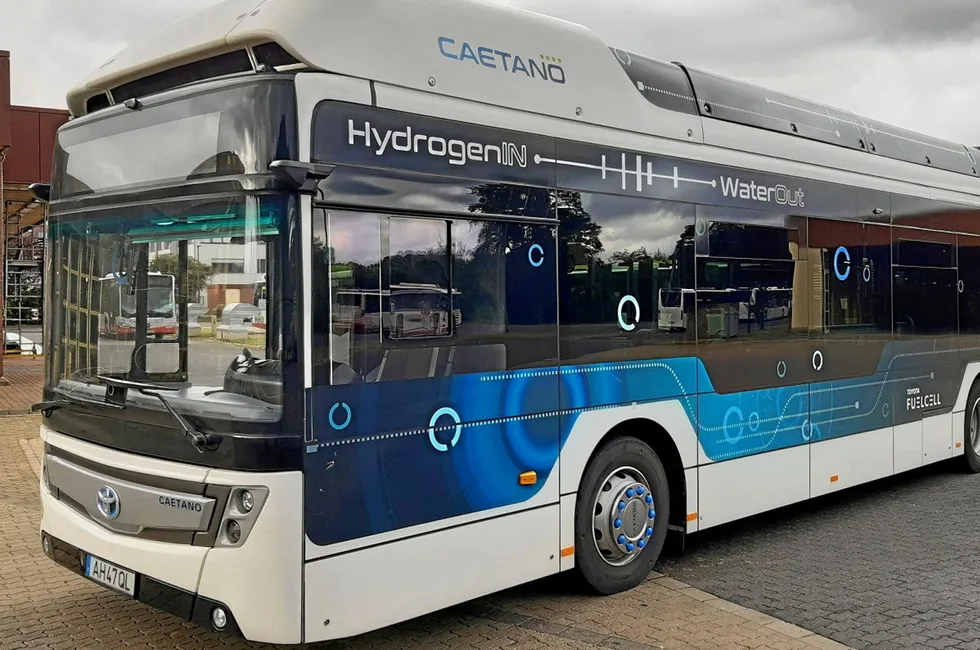German city votes to spend €91m on 100 hydrogen buses following secret study
Report concluded that H2 buses would be cheaper for Duisburg than battery-electric options, but it has been kept hidden from the public — despite a previous study coming to the opposite conclusion
